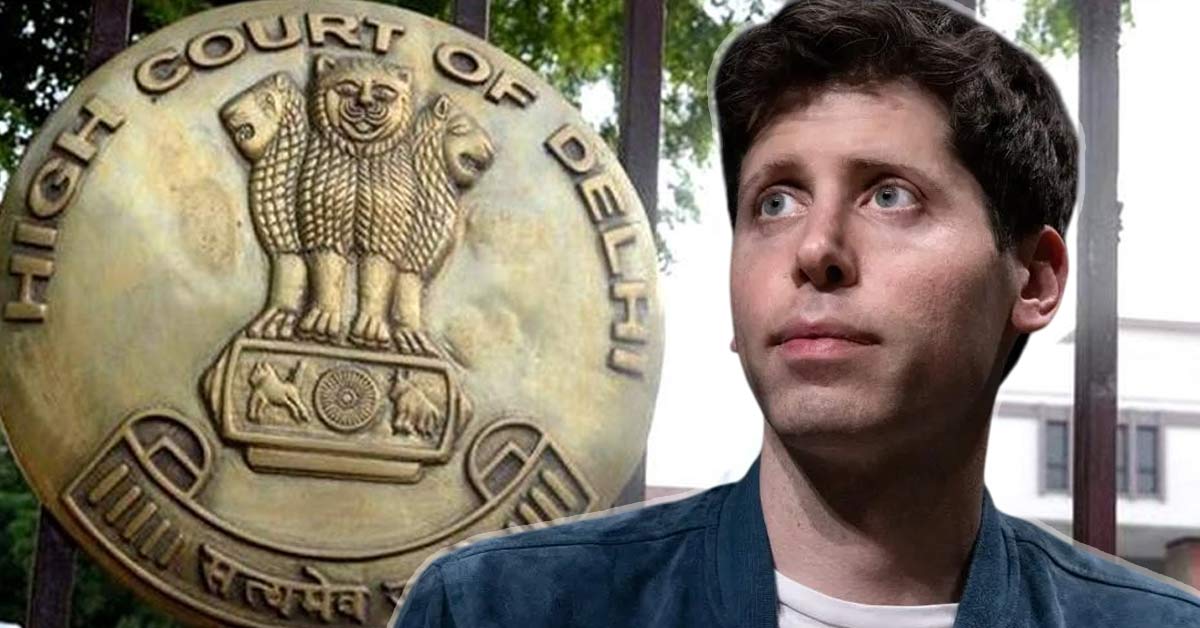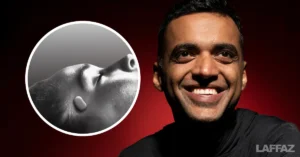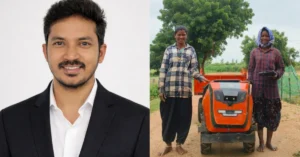- Union I&B Minister Ashwini Vaishnaw raises alarm over AI’s impact on intellectual property rights for news publishers and content creators
- ANI accuses OpenAI of unauthorized use of its content for training language models
- ANI alleges OpenAI falsely attributed fictional statements and fabricated news to the agency
In a landmark case, Indian news agency ANI has taken OpenAI to court, alleging unauthorized use of its original news content, potentially making it the first Indian publisher to sue an AI company for intellectual property infringement. The Delhi High Court presided over by Justice Amit Bansal, is set to hear the case on Tuesday, 26 November.
ANI’s lawsuit claims OpenAI has improperly utilized its content for financial gain in two distinct ways. Firstly, OpenAI allegedly employed ANI’s content to train its Large Language Models (LLMs), and secondly, OpenAI’s chatbot, ChatGPT, is accused of reproducing ANI’s content word-for-word in response to user queries, thereby infringing on ANI’s intellectual property rights.
ANI’s lawsuit against OpenAI claims that the AI company has falsely attributed fictional statements and news to ANI, which ANI refers to as “hallucinations.” ANI asserts that these fabricated attributions jeopardize their credibility and can perpetuate misinformation, potentially sparking public unrest. Represented by Delhi-based Unum Law, ANI is seeking redress through this lawsuit.
OpenAI responded to the allegations with a statement, emphasizing its commitment to supporting news organizations.
“We take great care in our products and design process to support news organizations,” said a spokesperson. “We are actively engaged in constructive partnerships and conversations with many news organizations around the world, including India, to explore opportunities, listen to feedback, and work collaboratively.”
“[W]e build our AI models using publicly available data, in a manner protected by fair use and related principles, and supported by long-standing and widely accepted legal precedents.” the spokesperson said.
OpenAI addressed the issue of verbatim reproduction of copyrighted material, or “regurgitation,” in a January 2024 blog post related to the NYT lawsuit. The company characterized this occurrence as an uncommon technical glitch and confirmed its ongoing efforts to completely eradicate the problem.
The utilization of copyrighted materials to train LLMs has sparked intense legal debates worldwide. Notably, prominent news outlets, including the New York Times, have taken OpenAI, Microsoft, and Perplexity AI to court, alleging copyright infringement for using their content to train chatbots, which then compete with the original publications. Similarly, in India, the family of legendary singer SP Balasubrahmanyam issued a legal notice to the producers of the Telugu film Keedaa Cola for recreating the singer’s voice using AI without obtaining the family’s consent, highlighting concerns over the unauthorized use of intellectual property.
Marking National Press Day on November 16, Union Information and Broadcasting Minister Ashwini Vaishnaw highlighted the pressing concern of AI’s impact on intellectual property, particularly for news publishers and content creators. He emphasized the urgency to protect original content from being exploited by AI models, framing it as both an economic and ethical imperative. “This is not just an economic issue; it is an ethical issue also,” Minister Vaishnaw stressed, underscoring the need for safeguarding creative rights in the digital age.






